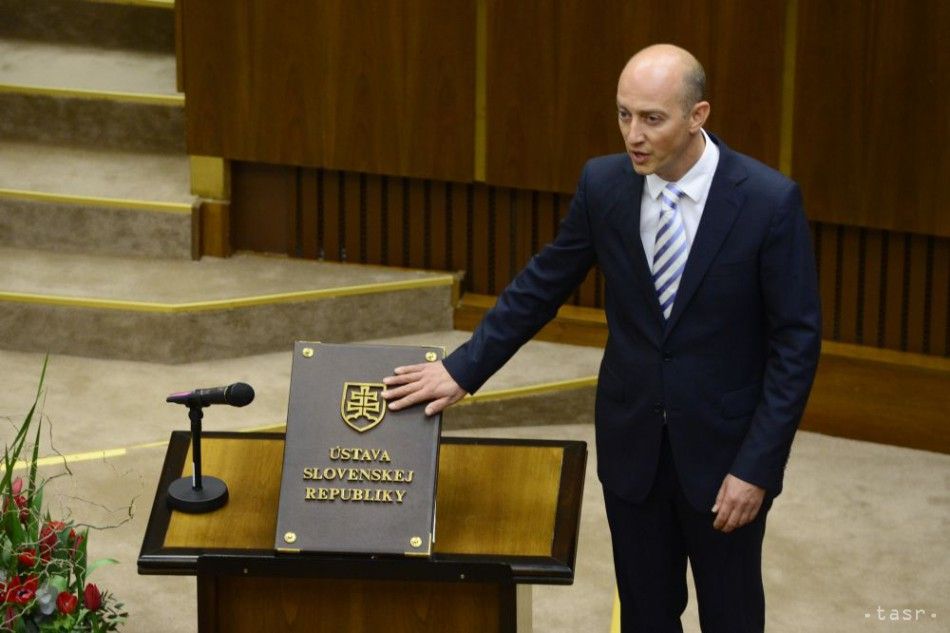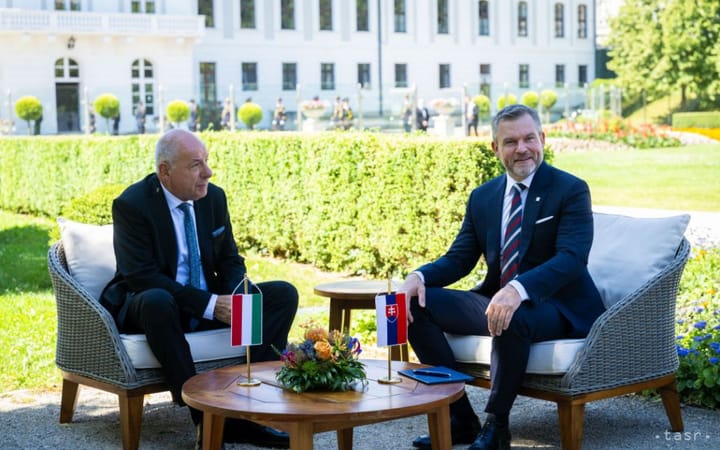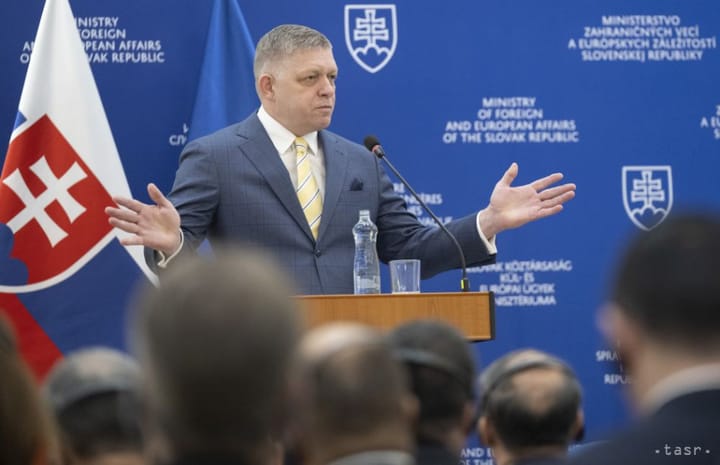We Are Family Calls on Cabinet Not to Sign Migration Compact

Bratislava, November 5 (TASR) – Opposition movement We Are Family has called on Prime Minister Peter Pellegrini (Smer-SD) and Cabinet members to make a clear statement on the UN Global Compact for Migration, not to sign it and to assure people that Slovakia won’t accept any migrants via it or allow its own sovereignty to be undermined, leader of the movement Boris Kollar stated at a press conference on Monday, adding that such a serious document must be discussed in Parliament.
Kollar said that the issue of migration is still important, and there have already been several bad measures, such as mandatory quotas. “Even today we’re talking about the same as in 2015. It’s no longer via mandatory quotas, but it’s a dangerous unknown in the form of a global pact. A legally non-binding document is being discussed, and by signing it we won’t confirm how many migrants we’ll accept, but there are doubts that states will no longer decide who is and isn’t a legitimate migrant,” said Kollar.
The We Are Family leader is convinced that Slovakia must first deal with its orphans and hundreds of people who are at risk of poverty. “We have a country in such misery, and we’re going to discuss the reception of Syrian children or opening our arms,” he said.
MP Ludovit Goga (We Are Family) said that the global pact is a controversial document. “It encroaches on the integrity of sovereign states and weakens their sovereignty in the area of migration policy regulation. The USA withdrew from the pact last year; it won’t be supported by Poland, Hungary, the Czech Republic and Croatia. We’re urging the Government to take a similar stance as our neighbours,” he stated.
Foreign and European Affairs Minister Miroslav Lajcak (a Smer-SD nominee) said last week that the UN Global Compact for Migration is a political document that doesn’t coerce any country into anything, with migration policies remaining the sovereign right of all countries. The minister therefore called for a constructive discussion without misinformation. “Let’s discuss this document as you wish, but we should debate its content and meaning, not things that aren’t included – for example, an alleged commitment to receive a certain number of migrants, who should allegedly receive hundreds of euros per month. There’s nothing as far from the truth as the fallacies spread actively by some people,” said Lajcak, adding that the document neither describes migration as a human right, nor removes the differences between legal and illegal migration.
According to Lajcak, Slovaks living abroad are also migrants. “I believe that we don’t want to see Slovak citizens living abroad hurt by anyone or stripped of their civil, social and economic rights simply because of their place of birth,” he said.



